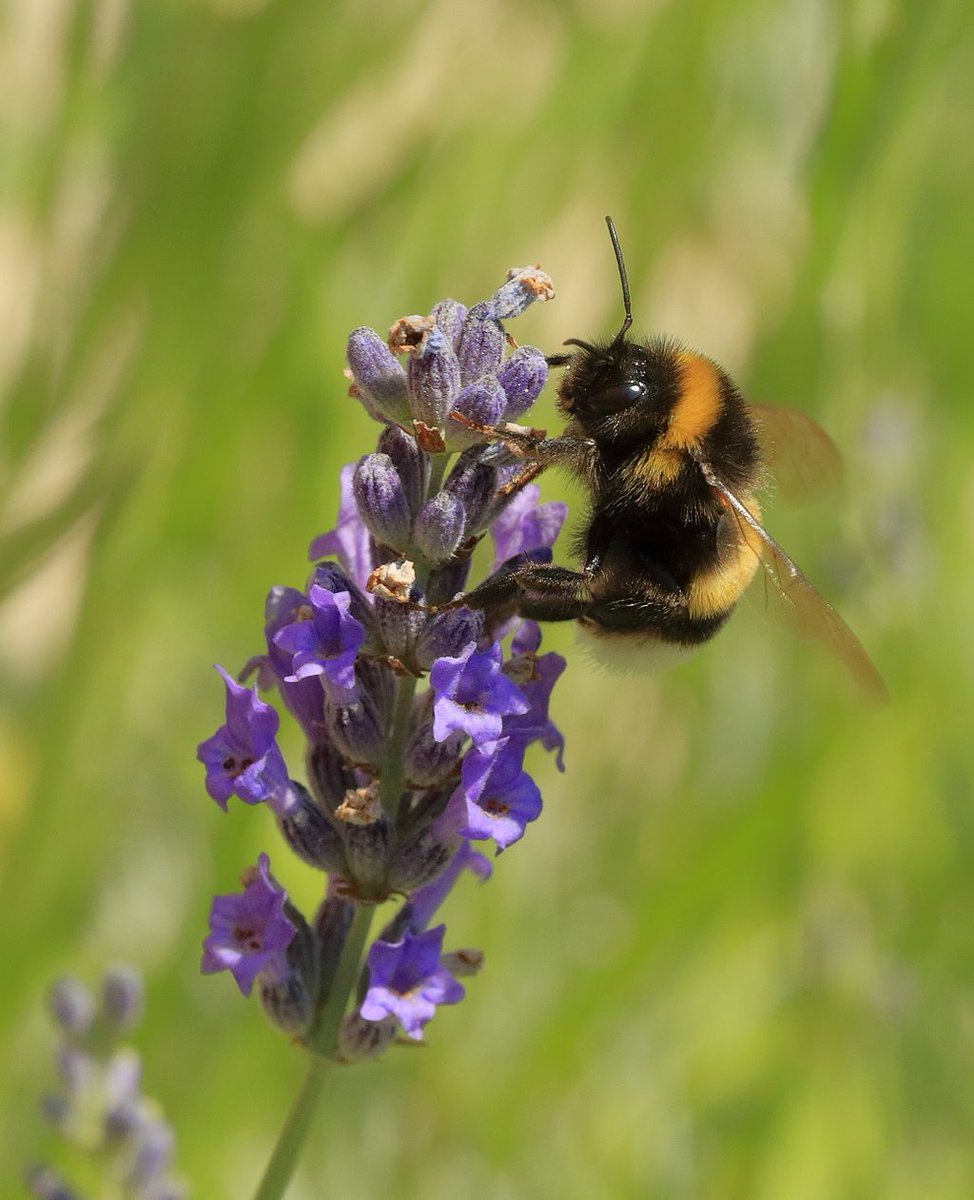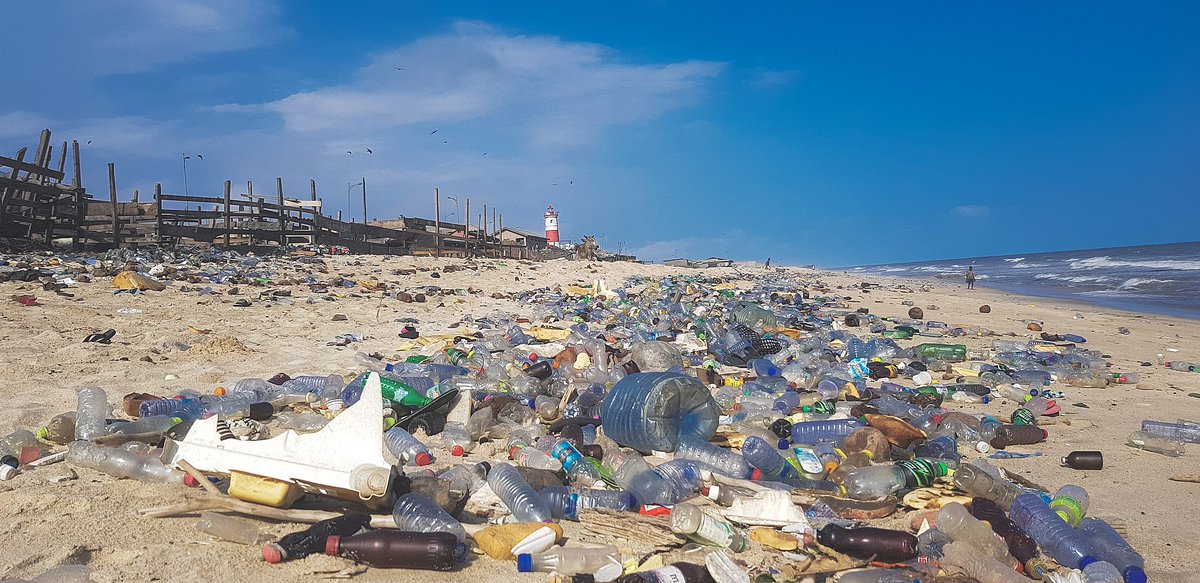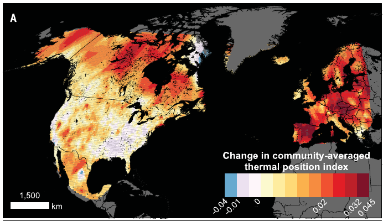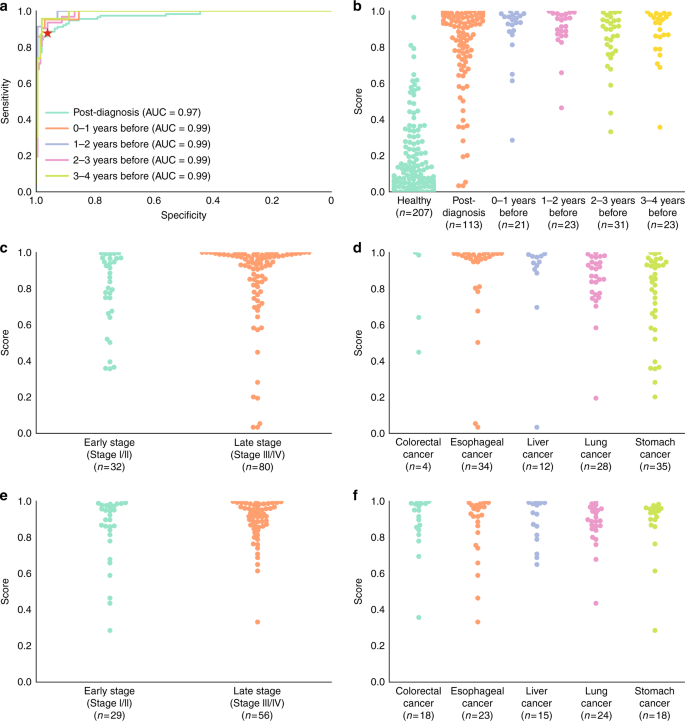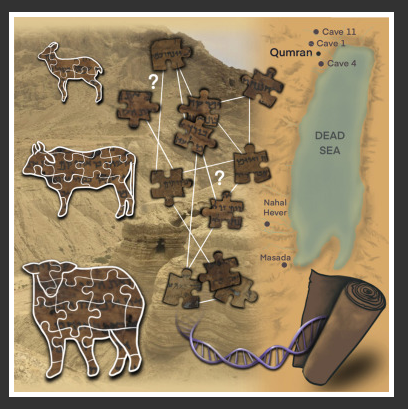As the end of the year drew near I wondered: what *else* happened in science besides covid-19?
So I got in touch with @ScienceMagazine, @nature, @CellCellPress, @ElsevierNews and asked: what papers were under-covered because of covid?
So I got in touch with @ScienceMagazine, @nature, @CellCellPress, @ElsevierNews and asked: what papers were under-covered because of covid?
I talked about some of the stories highlighted on our Babbage podcast this week: https://twitter.com/TheEconomist/status/1339294339697168388?s=20
But, wait, there is much more for your #christmasreading list...
Two mya, three hominin genera, including the earliest Homo erectus lineage, were contemporaries in southern Africa. (It isn't known if they met for a regular grunt at the local water hole.) @ScienceMagazine https://science.sciencemag.org/content/368/6486/eaaw7293
This one is wild. When plant pollen is scarce, bumblebees can bite leaves to stimulate flowering--advancing it by 30 days. Cool bit: experimenters were not able to replicate the bee's efforts.
https://www.eurekalert.org/pub_releases/2020-05/aaft-wpp051820.php
https://www.eurekalert.org/pub_releases/2020-05/aaft-wpp051820.php
Even if we reduce the rate of plastic pollution by 80%, we will be left with 710m metric tons in the environment by 2040. (And let's face it, an 80% reduction looks like a pipe dream at the moment.) @ScienceMagazine #plasticpollution https://science.sciencemag.org/content/369/6510/1455
Just bee good to me: The widespread declines in bumblebee populations are being caused by temperature extremes. Bee populations are being hardest hit in countries like Spain and Mexico due to more frequent extremely warm years. @ScienceMagazine
https://www.researchgate.net/publication/339088460_Climate_change_contributes_to_widespread_declines_among_bumble_bees_across_continents
https://www.researchgate.net/publication/339088460_Climate_change_contributes_to_widespread_declines_among_bumble_bees_across_continents
Dogs all have one common ancestor, and five major lines trace back at least 11,000 years with limited gene flow from present-day wolves since domestication. More #dog ancestry than you can throw a stick at here: https://science.sciencemag.org/content/370/6516/557
This was a really nice study showing that cancers can be picked up in the blood four years before a conventional diagnosis. Very positive news for the emerging technology of liquid biopsy.
https://www.nature.com/articles/s41467-020-17316-z
https://www.nature.com/articles/s41467-020-17316-z
A room-temperature superconductor, sought by physicists for decades, has been found. We are not quite at levitating trains and lossless power grids yet, but with some advances to make it work at lower pressures there might be applications in imaging.
The superb @kkakaes did a piece on https://www.technologyreview.com/2020/10/14/1010370/room-temperature-superconductivity/ on the @nature paper.
An unfed bear is a dead bear: business as usual #climatechange emissions will see all but a few polar bear populations collapse by 2100. Polar bears require sea ice for capturing seal. But declining summer sea ice means bears go hungry. @NatureClimate https://www.nature.com/articles/s41558-020-0818-9
Next up, this paper "Constraint on the matter–antimatter symmetry-violating phase in neutrino oscillations" was in @nature.
I'm not a physicist but it seems to me it is trying to explain why there is more matter than anti-matter in the universe, and seem to have found some evidence of this in fundamental particles. https://www.nature.com/articles/s41586-020-2177-0
From @CellCellPress comes a scientific measure of #dog years.Paper looks at age-driven methylation changes in the DNA and comes up with a new formula that is way more complicated than 7 dog years for every human year. Your two-year-old dog is 40.
https://www.eurekalert.org/pub_releases/2020-07/cp-asm070220.php
https://www.eurekalert.org/pub_releases/2020-07/cp-asm070220.php
The Dead Sea scrolls are tens of thousands of tiny fragments of fragile, ancient, manuscripts--and one of the most difficult jigsaw puzzles the world has ever faced. But DNA from the animal skins on which the texts were written can help. https://www.cell.com/cell/fulltext/S0092-8674(20)30552-3
So when we have lost all our bumblebees, the techno-utopians may have pollination sorted. Soap bubbles pollinated a pear orchard without damaging delicate flowers. Is this a good news story? https://www.cell.com/iscience/fulltext/S2589-0042(20)30373-4
Although I asked for three or four items, @Nature cheated and sent way, way more. They do have a lot of journals so here is a brief run down for your Christmas reading list.
Molecular water detected on the sunlit Moon by SOFIA
https://www.nature.com/articles/s41550-020-01222-x
Multiple subglacial water bodies below the south pole of Mars unveiled by new MARSIS data
https://www.nature.com/articles/s41550-020-1200-6
Pan-cancer analysis of whole genomes https://nature.com/articles/s41586-020-1969-6
https://www.nature.com/articles/s41550-020-01222-x
Multiple subglacial water bodies below the south pole of Mars unveiled by new MARSIS data
https://www.nature.com/articles/s41550-020-1200-6
Pan-cancer analysis of whole genomes https://nature.com/articles/s41586-020-1969-6
Evidence of human occupation in Mexico around the Last Glacial Maximum
https://www.nature.com/articles/s41586-020-2509-0
Nightside condensation of iron in an ultrahot giant exoplanet
https://nature.com/articles/s41586-020-2107-1
Slower decay of landfalling hurricanes in a warming world https://www.nature.com/articles/s41586-020-2867-7
https://www.nature.com/articles/s41586-020-2509-0
Nightside condensation of iron in an ultrahot giant exoplanet
https://nature.com/articles/s41586-020-2107-1
Slower decay of landfalling hurricanes in a warming world https://www.nature.com/articles/s41586-020-2867-7
Initial results from the InSight mission on Mars
https://www.nature.com/articles/s41561-020-0544-y
A one-billion-year-old multicellular chlorophyte
https://mail.google.com/mail/u/1/#m_-120498554887291965_gid=0
Thanks to @MeaganPhelan, Joseph Caputo, Isobel Lisowski.
https://www.nature.com/articles/s41561-020-0544-y
A one-billion-year-old multicellular chlorophyte
https://mail.google.com/mail/u/1/#m_-120498554887291965_gid=0
Thanks to @MeaganPhelan, Joseph Caputo, Isobel Lisowski.

 Read on Twitter
Read on Twitter